- The CyberLens Newsletter
- Posts
- Different Minds Matter in a Changing Tech World
Different Minds Matter in a Changing Tech World
The challenges for people whose roles shift faster than their talents evolve
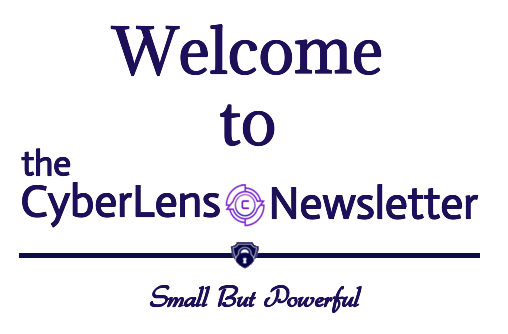
Tired of newsletters vanishing into Gmail’s promotion tab — or worse, being buried under ad spam?
Proton Mail keeps your subscriptions organized without tracking or filtering tricks. No hidden tabs. No data profiling. Just the content you signed up for, delivered where you can actually read it.
Built for privacy and clarity, Proton Mail is a better inbox for newsletter lovers and information seekers alike.

🧵Interesting Tech Fact:
Before robots and AI sparked concern about job loss, the automated weaving loom in the early 1800s triggered one of history’s first major labor-skills crises. Textile artisans, who spent years mastering intricate patterns, suddenly found their livelihoods threatened by efficient machines that could mimic their craft at scale. Workers protested fiercely, not only because income dropped but because society began treating their once-respected expertise as disposable. That moment revealed a timeless truth: when technology advances without compassion, the human impact becomes the real disruption.
Introduction: The Tech Revolution Was Never Meant to Leave People Behind
Progress has always been uneven. Some run toward every new wave of invention, eager to ride it. Others take a slower step, not out of fear or resistance, but because their strengths emerge in different places — in manual craft, interpersonal connection, creative intuition, empathy, spatial thinking, hands-on work, or lived experience that no classroom could duplicate. Today, automation and AI are not just enhancing work — they are replacing it. People who once thrived in careers that required intuition, routine, physical hard work, and human reliability are being told that their skills simply do not match the future. The message is often cold, even if unintended: adapt instantly or lose your place in line. This is not a story about laziness or unwillingness to learn — it is a story about a world that has changed faster than humans realistically can.
Every person has gifts born from their unique wiring. That variability is natural — it’s the reason society thrives. Imagine a world where every human had identical strengths — innovation would never exist. Humanity’s strength lies in difference. Yet our present economy rewards only those differences that align tightly with digital competency. The danger is not just lost paychecks — it is a world that begins to believe some talents no longer matter. When the worth of people is measured by how closely they resemble machines, we begin forgetting why humans are irreplaceable in the first place.
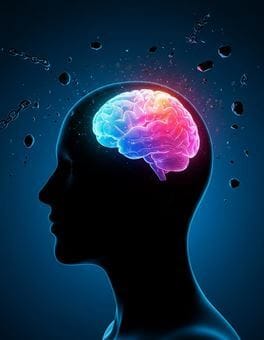
Automation Is Reshaping Identity and Stability at the Same Time
Work is more than income — it shapes purpose, dignity, friendships, confidence, and entire communities. The moment a job disappears, a fragile thread snaps. Those who do not easily transition into tech roles face more than financial uncertainty — they face identity collapse. A factory worker who provided for three generations suddenly becomes “obsolete.” A customer service representative sees automated chat systems respond faster and cheaper. A seasoned truck driver watches self-driving fleets enter highways while company executives celebrate efficiency. The emotional toll of being seen as a “cost” instead of a contributor cannot be overstated.
And this is not a small population. Globally, hundreds of millions are employed in roles considered “high-risk” for replacement. Rapid adoption of automation does not simply shift labor — it restructures class systems. White-collar skills increasingly determine worth in the marketplace, while blue-collar mastery and many forms of hands-on expertise suffer declining recognition. Even creative workers are discovering that AI can imitate their style in seconds. The anxiety is universal: If a machine learns to do what I do, where does that leave me?
The human brain is complex — but not uniformly so. Some minds thrive in logic. Some minds thrive in movement. Some minds thrive in emotional connection. Forcing every worker onto a single modernization track ignores the beauty of our differences. A technologically advanced world without a socially advanced plan is not progress — it’s negligence.
If AI Replacement Continues Unchecked: The Phases of Human Decline
When people become economically disposable, entire societies destabilize. The following progression describes a potential collapse timeline if support mechanisms fail:
1️⃣ Phase One – Displacement Without Direction
Jobs shift suddenly. Workers receive little training and less time to adapt. Stress and uncertainty rise. Savings drain.
2️⃣ Phase Two – Social Fragmentation
Communities built around industries collapse — small towns hollow out, family stress spikes, and youth see no path to independence. Displaced workers face shame for circumstances beyond control.
3️⃣ Phase Three – Loss of Meaning
When someone contributes their entire adult life to a trade and that trade vanishes, depression and identity loss emerge. Self-worth becomes fragile.
4️⃣ Phase Four – Widespread Inequality
A shrinking group of high-skill workers and automated mega-corporations accumulate wealth. The gap widens into a gulf. Civil unrest becomes a common headline.
5️⃣ Phase Five – Economic Decline
Consumption drops because millions lack stable income, leading to a weakened economy even as automation peaks. Innovation suffers because fewer people can afford education, hobbies, or creative pursuits.
Collapse is rarely dramatic — it’s slow erosion. Human value dissolves over decades, until one day we realize we built a future that only works for a fraction of humanity.
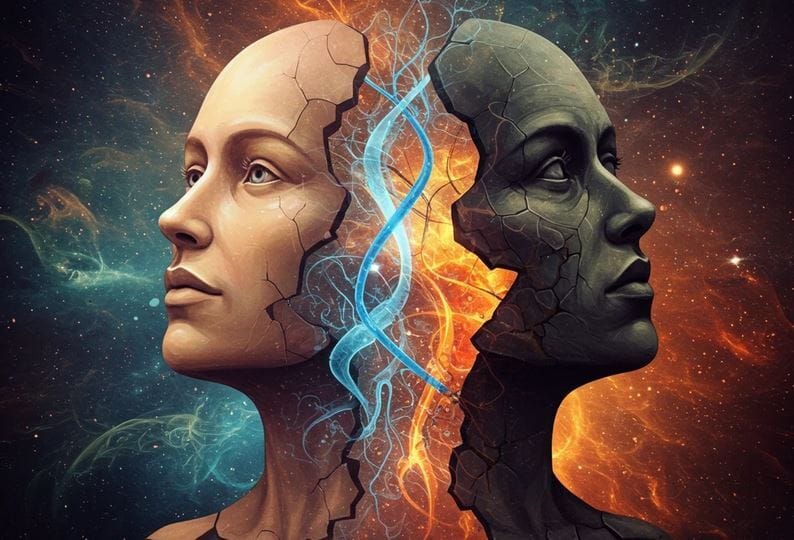
The Real Psychological Cost: Humans Were Never Designed to Be Replaceable
Machines outperform us in repetition, memory, mathematical precision, scaling, and now creativity. But there is one trait they mimic rather than possess: consciousness. Humans feel fear, pride, joy, embarrassment, and belonging. When technology replaces a job, society often focuses on efficiency gains — not the emotional crater left behind.
Workers facing disruption often describe the experience as:
Invisible: like no one cares about the years they gave
Unvalued: as if their uniqueness has no purpose anymore
Behind: like everyone else magically learned skills they struggle with
Their concerns are often dismissed with “just learn to code,” a phrase revealing a deep misunderstanding of how humans learn. Brains differ in speed, retention, processing, confidence, and resilience — diversity in cognition is not a flaw, it’s a feature. Telling every human to become a digital clone is as unrealistic as asking every machine to feel empathy.
When society conditions workers to believe adaptability is the only value that matters, we unintentionally communicate that those who struggle are worth less. This mindset is not just incorrect — it is dangerous.
A Future Worth Celebrating Requires Humans in the Driver’s Seat
AI should never lead humanity into a future that excludes the very people progress claims to serve. The goal must be to elevate humans — not minimize them. Societies that maintain stability during technological transformation follow these strategies:
Build education that embraces different learning speeds, ensuring retraining programs are adaptive, hands-on, and supportive rather than standardized and rushed
Protect the middle class through guaranteed retraining wages, so people can learn without losing their financial stability
Design new job categories focused on human strengths, including empathy-driven care roles, creative interpretation, safety oversight, and ethical governance
Encourage businesses to hire for curiosity and potential, not just for existing digital skill proficiency
Require AI adopters to contribute to community resilience funds, helping towns rebuild economies around upgraded industries rather than abandoning those who built them
AI can either be the greatest economic multiplier in history or the fastest path toward mass disenfranchisement. The difference lies in whether we choose to protect human dignity.
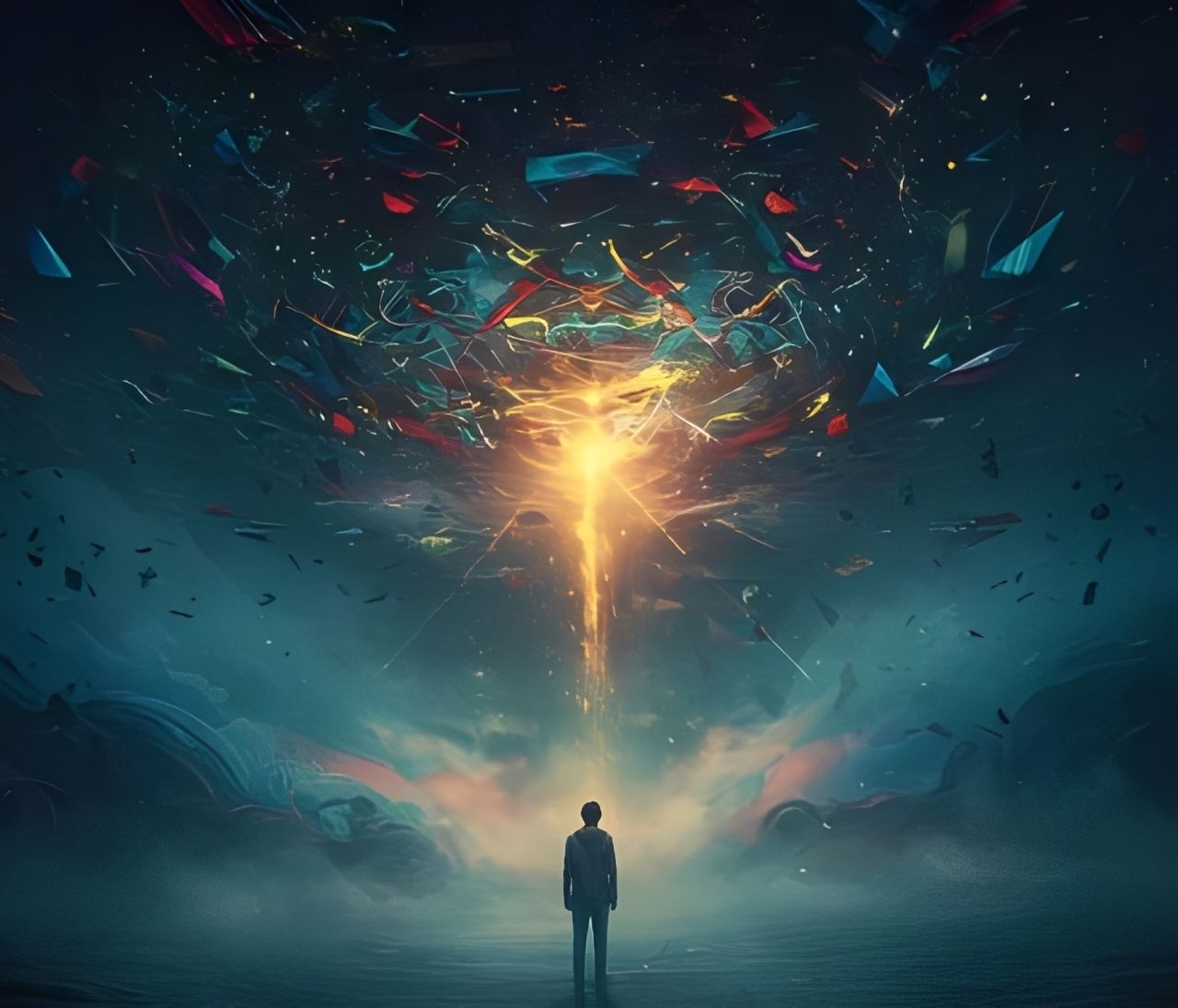
The Economic and Societal Effects of Forgotten Workers
If automation continues to prioritize efficiency over equity, society will feel the consequences in every metric leaders claim to care about. Consumer spending declines when wages stagnate. Crime rises when hope disappears. Healthcare costs skyrocket due to stress and anxiety. Housing markets weaken in displaced regions. Social trust evaporates. Democracies falter when majorities feel unheard and undervalued.
The argument that “new jobs will appear” is valid but incomplete. New jobs require new skills — which require time, accessibility, support, and confidence. Rebuilding a life is not as simple as reloading a webpage.
The digital transformation is expanding productivity — yet the benefits skew sharply toward investors and executives. A world of unprecedented wealth combined with rising despair is a moral failure, not an economic success.
If society continues to celebrate only hyper-adaptable minds, innovation will stagnate over time. Diversity of talent drives creativity — remove it, and the world becomes automated, efficient, predictable… and deeply uninspired.
A Call to Remember the Human Core of Innovation
The smartest future is not the one with the most automation — it is the one with the most fulfilled people. A machine can calculate risk, but it cannot cherish life. A machine can generate art, but it cannot feel the moment of inspiration. A machine can simulate conversation, but it cannot love.
Humans are the point — not the byproduct — of progress.
If we continue measuring worth purely through productivity metrics, we will lose the very qualities AI is meant to support: empathy, passion, imagination, surprise, humor, imperfection, intuition, community, care. These are not inefficiencies — they are the blueprint of civilization.
People who process information differently, who communicate differently, who work with their hands, who lead from the heart — they are not holding back society. They are society.
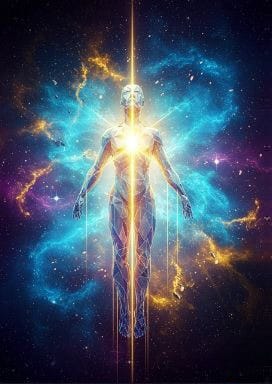
Final Thought: The Future Must Be Built for All Minds
The next chapter of progress should not force humans to compete with the machines they created. It should empower every kind of thinker, maker, builder, and dreamer to play a role only they can play.
The real question is not whether AI will replace jobs. It is whether we will replace empathy with indifference.
Different minds matter. They always have. They always will.
A world that refuses to make space for every person’s talent is not advanced — it is broken.
A world that uplifts every person’s talent is unstoppable.
The choice is ours. And it begins with remembering something technology can never replicate:
Human worth is not optional. It is the foundation of everything.

Subscribe to CyberLens
Cybersecurity isn’t just about firewalls and patches anymore — it’s about understanding the invisible attack surfaces hiding inside the tools we trust.
CyberLens brings you deep-dive analysis on cutting-edge cyber threats like model inversion, AI poisoning, and post-quantum vulnerabilities — written for professionals who can’t afford to be a step behind.
📩 Subscribe to The CyberLens Newsletter today and Stay Ahead of the Attacks you can’t yet see.





